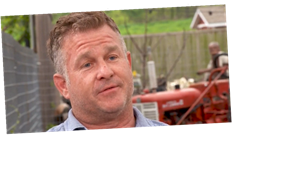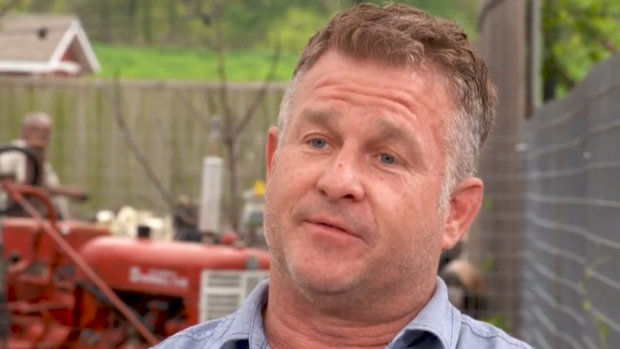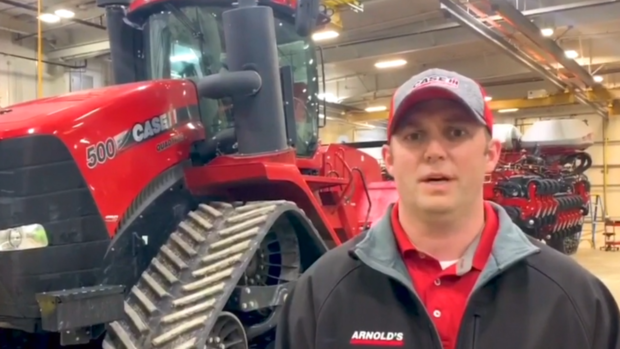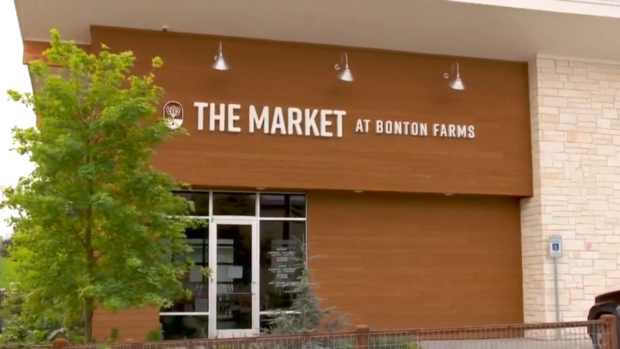Dallas — The coronavirus pandemic has deeply affected America’s farmers. They have already been facing financial hardships, worsened by a trade war and labor shortages.
In the heart of Dallas, Bonton Farms planted roots in an often-forgotten neighborhood that’s long been a food desert with no grocery store nearby.
Daron Babcock started the small urban farm and 40-acre extension to solve a health crisis in the region.
“We have over double the rate of cancer, double the rate of stroke, double the rate of heart disease, double the rate of diabetes and double the rate of childhood obesity than the county we’re in,” he explained.
The farm provides fresh fruits and vegetables for the community and restaurants across north Texas. However, their two years of successful growth has become stunted by the deadly coronavirus pandemic.
“Just day one, when they announced they were gonna quarantine, business dropped 90%,” Babcock told CBS News. “So that’s been really difficult. We’re trying to create jobs for our neighborhood.
He added: “How do we keep people working so that they can keep their rent paid, their lights on and their water bills paid?”
It’s a family affair on a farm in Illinois, getting everyone to harvest the crops. Owner Chris Eckert worries they’ll fall behind with the shelter-in-place orders in effect.
“Mother nature does not recognize coronavirus, she just marches on,” he said.
Suppliers are trying to keep up with the demand for seeds, fertilizer and equipment despite the challenges COVID-19 presents.
Brent Mueller, sales manager at Arnold’s Implements in Minnesota, is also seeing the hardships firsthand.
“Rural america isn’t isolated from the economic downfall or the outbreak,” he pointed out. “We are trying to execute our spring preparedness for our farmers … so they can continue to feed America.”
Bonton Farm customers like Jacquelyn Kung are grateful farmers are still working.
“So it’s definitely a scary time … And, you know, I think we’re making the best of it. And we’re trying to do our part,” she told CBS News. “That’s why we love coming to the farm. Because at a grocery store, you actually have a lot more crowds. We have been to grocery stores and we prefer coming to the farm, because you have fewer people.”
Babcock will continue to run his operation with a skeleton crew as long as he can — knowing families depend on them.
“My big fear is not only are the people that we serve struggling, but this is creating a bigger problem, so more people are becoming vulnerable and needing help,” Babcock said. “And there’s this tidal wave of people asking for resources and help.”
There’s clearly a strong food supply, but a lot of people in the agriculture industry are worried about the distribution chain: Getting food to stores or disconnected communities. Federal help is slow, so, state and local governments are having to step in to keep things running.
Source: Read Full Article



